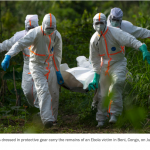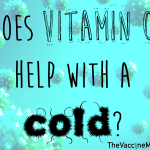Is it worth taking vitamin C for a cold?
I am sick with a cold just about every month in the winter. In fact, I’m sick right now. You may be able to relate when I say I load up on cold medicine and cough drops when I get sick. There are so many choices when it comes to cough drops, but subconsciously I […]





